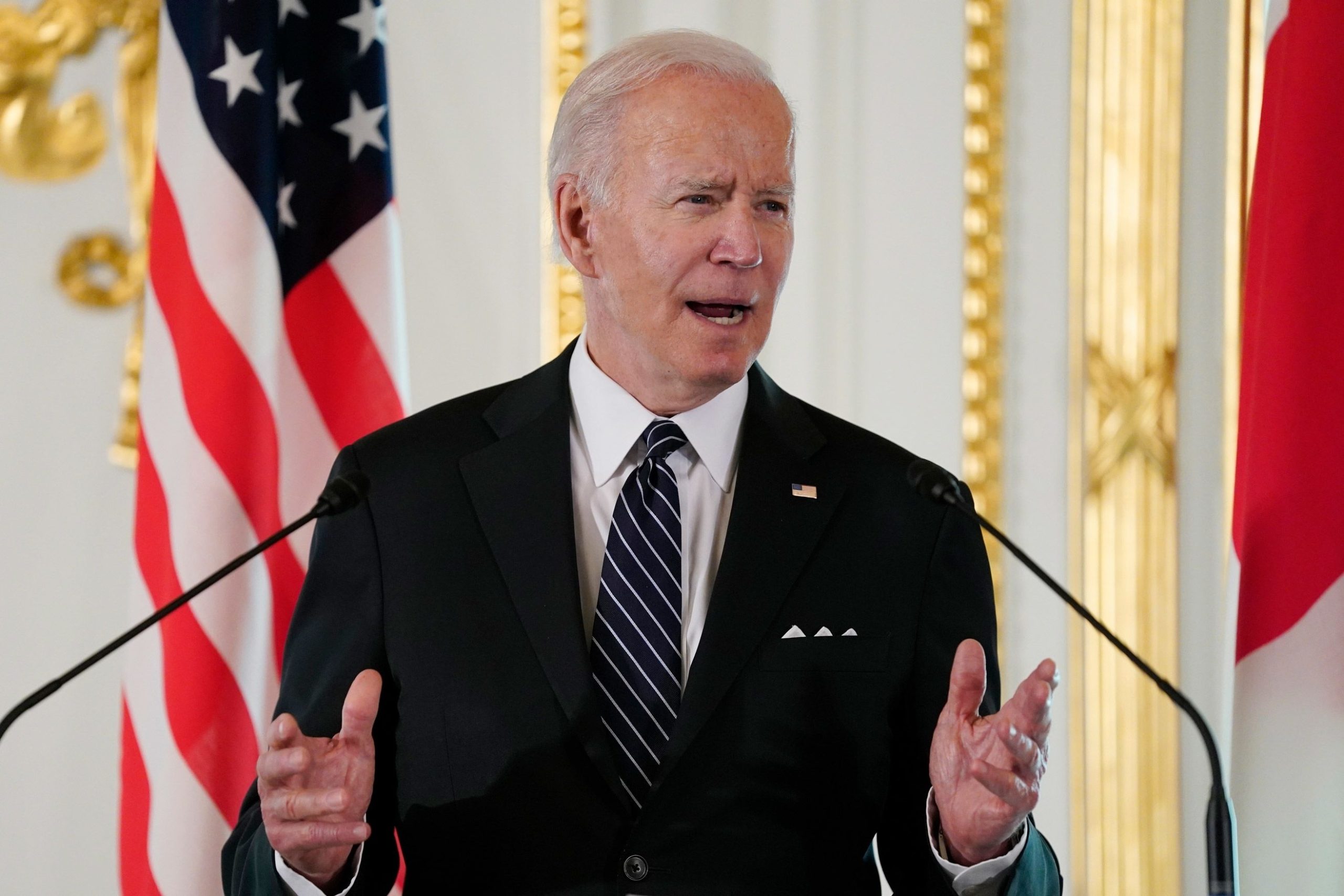Grenell: Biden Administration Interfering With Guatemala’s Internal Government Affairs

In a striking revelation, Richard Grenell, former acting director of national intelligence under President Donald Trump, has accused the Biden Administration of exploiting its authority against conservatives in Guatemala. This allegation, if true, signals a concerning trend in the current U.S. administration’s approach to international relations.
Grenell, who also served as the U.S. Ambassador to Germany, recently visited Guatemala and reported disturbing accounts from local citizens. As part of a series of weekend posts on X, formerly known as Twitter, he stated, “I’ve spent the last few days in Guatemala listening to some horrific stories of State Department officials trying to intimidate Guatemalans from criticizing Left-wing policies.” He detailed instances where the U.S. Embassy in Guatemala allegedly summoned business and political leaders, pressuring them to withdraw support for the country’s Attorney General and conservative policies.
These allegations, if substantiated, raise questions about the Biden Administration’s commitment to democratic principles abroad. Examining these claims within the broader context of U.S. foreign policy is crucial, particularly in Latin America, where political dynamics are often complex and volatile.
Grenell’s statements align with the concerns raised by Sen. Mike Lee, R-Utah, who questioned the treatment of Alejandro Giammattei, Guatemala’s conservative former president, by U.S. Customs and Border Protection. In response to Lee’s query on X, Grenell wrote, “The Biden team is weaponizing their power against conservatives in Guatemala. They are ruining America’s brand when they do this.”
Furthermore, Grenell highlighted the alignment of Cuban Foreign Minister Bruno Rodríguez Parrilla and USAID Administrator Samantha Power on the notion that the Progressive Left must gain power in Guatemala. This assertion, noted on X, suggests an international dimension to the Biden Administration’s foreign policy, potentially favoring leftist ideologies.
It’s crucial to understand the implications of these claims. Grenell’s allegations, if proven, could signify a worrying trend in U.S. diplomacy, particularly in its interactions with conservative governments in Latin America. The notion that the Biden Administration might use its influence to sway political outcomes in other nations warrants a thorough investigation.
The situation in Guatemala also sheds light on broader themes of U.S. foreign policy under Biden. The administration’s stance toward Latin American countries, especially those with conservative leadership, has often been scrutinized. With the rise of leaders like Javier Milei of Argentina and Nayib Bukele of El Salvador, the U.S.’s relationship with the region is more crucial than ever.
Grenell’s observations in Guatemala come at a time when U.S. foreign policy is under the microscope. His call for the State Department’s Inspector General to investigate these matters is a step toward transparency and accountability. U.S. foreign policy needs to embody the principles of respect for sovereign decisions and democratic processes, regardless of a country’s political leaning.






















